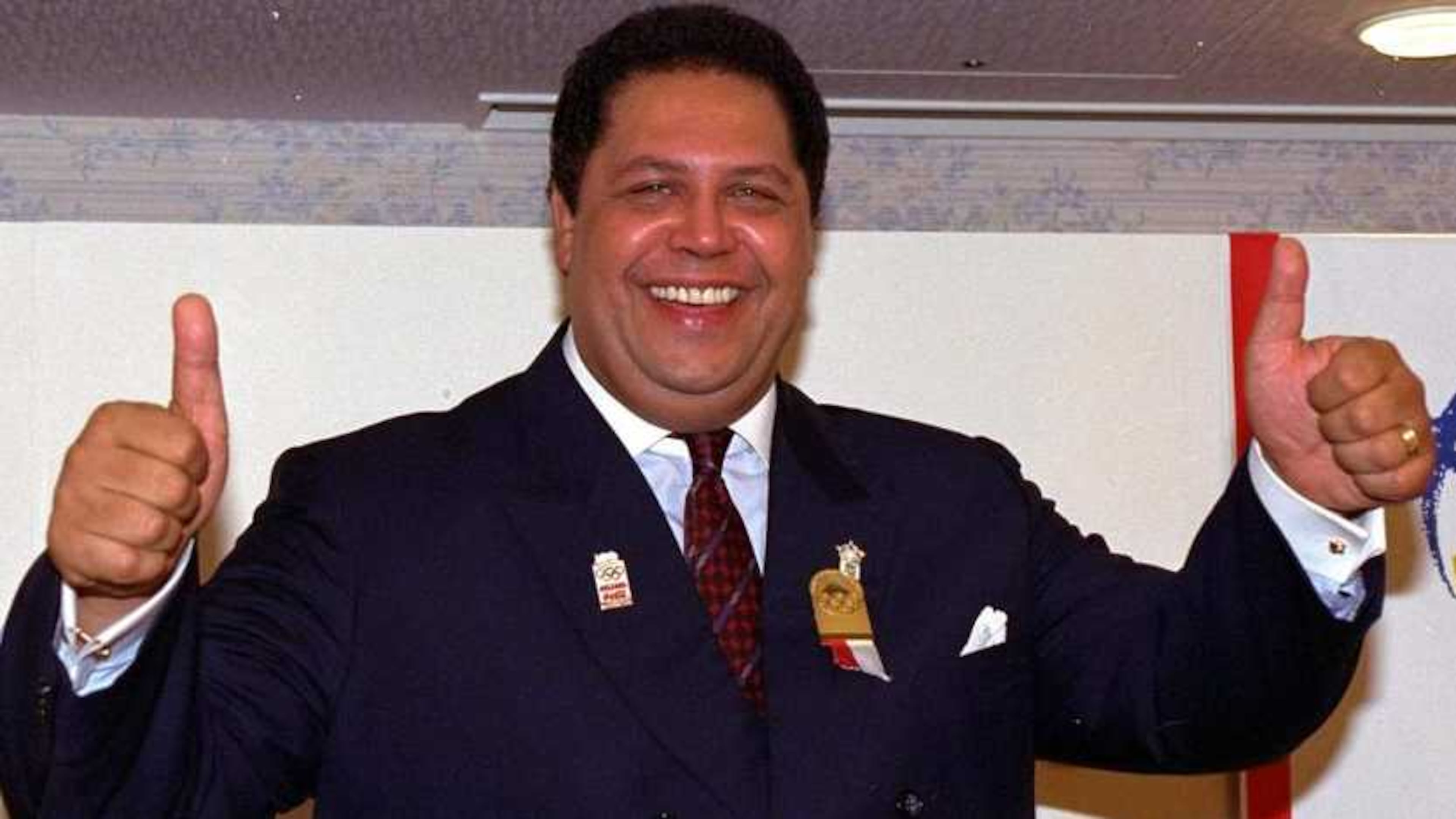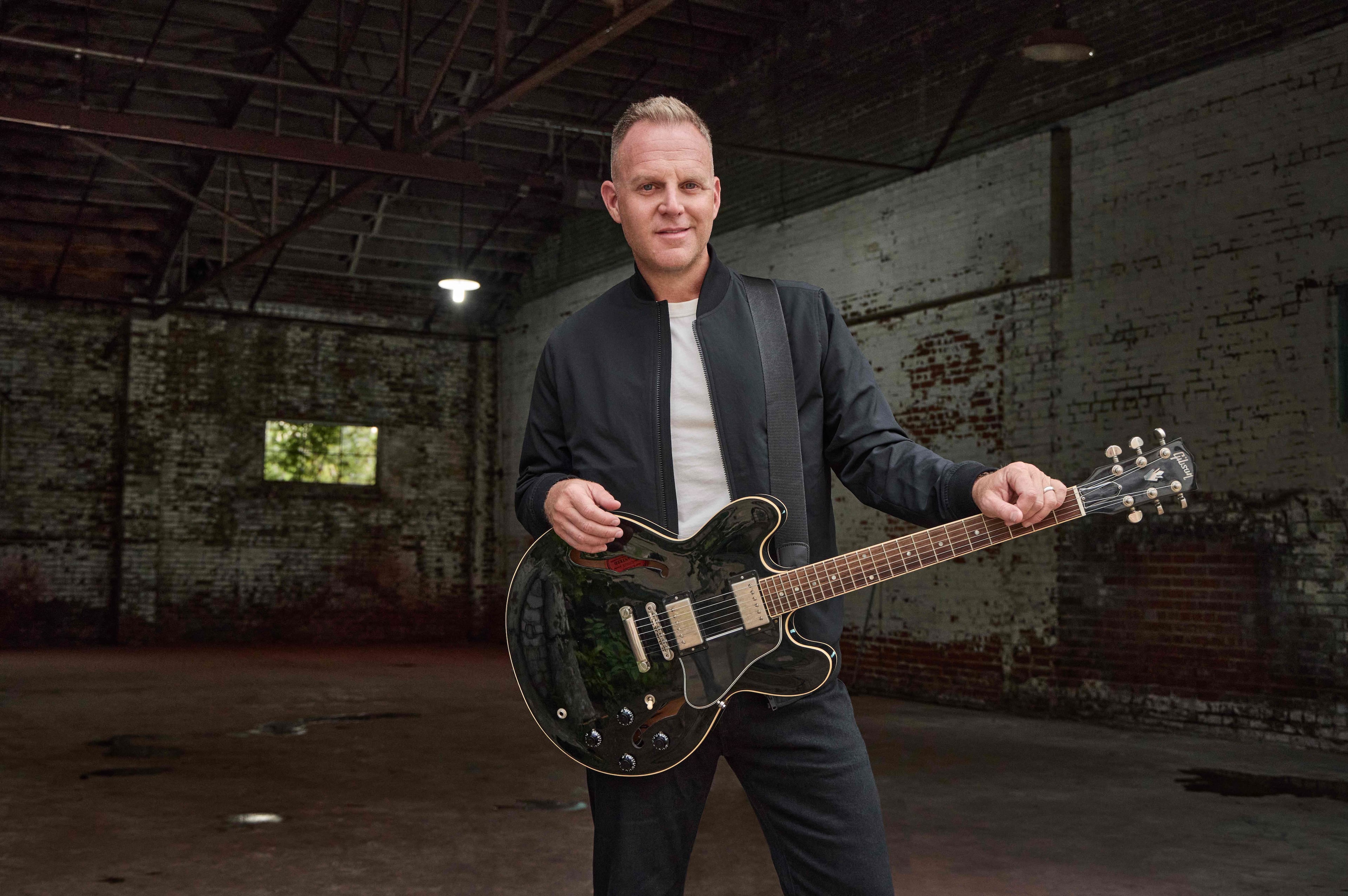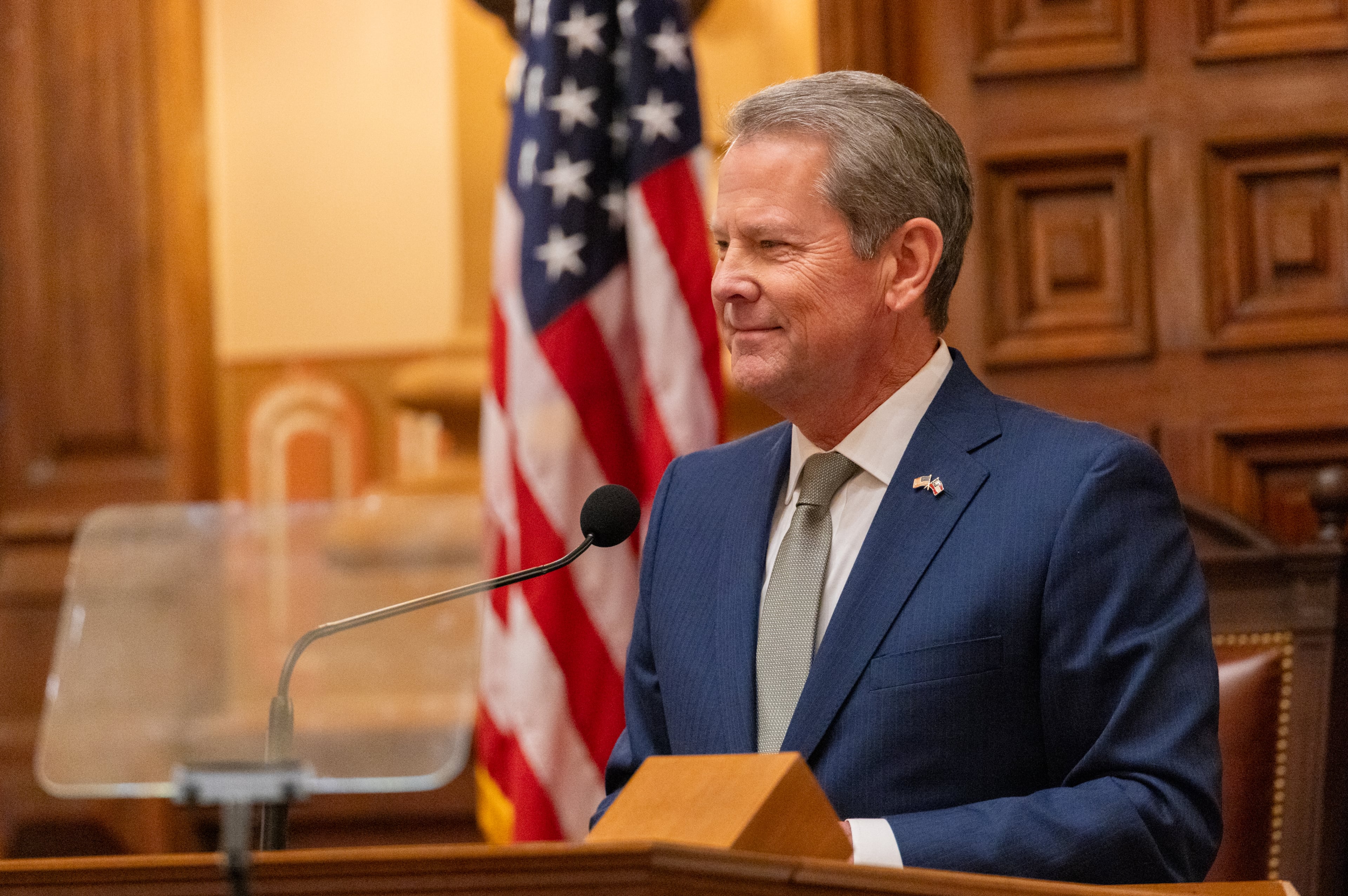New Pearl Cleage play fondly recalls Atlanta’s Maynard Jackson era

When Maynard Jackson was elected Atlanta’s first Black mayor 50 years ago, revelers formed a long, conga line that boogied with no inhibitions down Peachtree Street.
Pearl Cleage was there, and she was, as always, scribbling notes.
“It was such an ecstatic time for the entire city when everything seemed possible,” she says. “Maynard brought this transformational energy to civic life. It was one of those real moments when democracy worked great for people of all walks of life, and I think it’s important to remember that, especially in these divisive times today.”
Cleage, who served as both speechwriter and press secretary for Jackson, dug into her many journals to capture the zeitgeist in her latest play “Something Moving: A Meditation on Maynard,” running for 10 days at the Alliance Theatre starting Aug. 2. It will be the centerpiece of a citywide celebration of the mayor’s historic, three-term tenure.
“It was great to dive back into the past and remember how idealistic we all were,” she says. “We had the intense camaraderie of people who were in battle together, working for monumental change. Maynard was only 34 at the time, making him one of the country’s youngest big-city mayors, and I was 25, falling in love with the city. I’m 75 now. I wanted to give those memories back to Atlanta, so this is, in a sense, my love letter to the place I call home.”
Cleage takes an elliptical, impressionistic approach to her subject. While the play revolves around Jackson, who died in 2003, his character never appears onstage. In her fictional universe, civic leaders have set up bins around the city to collect memories of the mayor, and thousands of heartfelt letters pour in. Cleage cherry-picks the perspectives of nine of these unnamed “citizens” and one “witness” to ruminate on the mayor’s personal impact on them.
“I think a lot of playwrights get bogged down in facts, but I wanted to explore feelings,” she says, “not to give a timeline but to express what it felt like in that special moment. These characters, who are from diverse backgrounds and captured in different contexts, are not based on real people — they’re purely pulled from my imagination.”

David Koté, who directs the production, says, “It’s not a historical re-enactment. It’s more of a poetic, introspective play-within-a-play that explores the mayor’s essence, along with some big themes like power, identity and the pursuit of justice.”
The cast includes some of Atlanta’s veteran A-list actors, including Margo Moorer, Tony Vaughn and Terry Burrell. This play is the fourth Cleage project featuring Burrell, who says, “I didn’t even read it before I agreed to do it because that is how much I trust Pearl. You can count on her for several things: She always has her facts straight. She writes strong, compelling voices for women, and as a playwright she draws a very clear map for the actors to follow, which makes my job easier — and that isn’t always the case with other writers.”
Since her stint in politics, Cleage, lithe and elegant with close-cropped hair, has become one of the South’s most recognizable public intellectuals. She is the distinguished artist in residence at the Tony-winning Alliance, and she currently serves as Atlanta’s first poet laureate. She recently won the Lifetime Achievement Award from the Dramatists Guild and the Paul Robeson Award from the Actors’ Equity Foundation.
“Pearl is so much more than just an Atlanta artist — she’s a true treasure in the world,” Koté says. “She’s renowned the world over.”
Cleage first earned national recognition in 1997 when Oprah Winfrey tapped her debut novel, “What Looks Like Crazy on an Ordinary Day,” for her book club, rocketing it to the New York Times bestseller list for nine weeks. In keeping with the author’s penchant for big themes, it addressed HIV/AIDS, race, sexuality, gender and class through a relatable female protagonist.
“I don’t start with an issue,” she says. “For me, it always starts with a character. I have to think of a character first before I address those other issues because I have to live with that person for a year. It typically takes me one year to write a novel or a play.”
She has written four other novels and a memoir. One half of a “power couple” who has one daughter, Cleage is married to the writer Zaron W. Burnett Jr. They collaborated on a children’s book with the late artist Radcliffe Bailey, “In My Granny’s Garden,” which was distributed to 15,000 Atlanta children, as well as a poem Winfrey commissioned titled “We Speak Your Names.”
Impresario Kenny Leon directed the 1995 premiere of her play “Blues for an Alabama Sky,” which recently completed a run in Los Angeles under the direction of Phylicia Rashad, and Cleage’s play “Flyin’ West” was at one point the most produced new play in the country.
For all her affection for Atlanta, Cleage is not a native. She grew up in Detroit. Her mother was a teacher, and her father was a minister who founded the Shrine of the Black Madonna.
“My family was very civic-minded and very much involved in the civil rights movement,” she says. She attended Howard University for a while but then finished up in 1969 at Spelman College, where she caught the political bug.
“There was Maynard Jackson — bigger than life, a towering presence in every respect,” she recalls. “When I first saw him on television, I said, ‘Wow! Who is that guy?’ and everyone around me said, ‘the next mayor.’ I knew I would do whatever I was asked for him. He seemed to know everybody all over the city and never seemed to meet a stranger. He genuinely cared about people. I don’t remember any of us staffers taking a single vacation, we were that dedicated to making things happen.”
What were some of those accomplishments?
“It wasn’t just minorities that Jackson affected,” says Koté, “He impacted everybody, gave all of us the sense that we could dream big and make those dreams happen. He created prosperity for the entire city. There was not only the economics, though, he also established the Bureau of Cultural Affairs, expanded the airport, and let’s not forget to mention the Olympics. He literally brought the world to Atlanta, put us on the world stage, so to speak. He paved the way for other Black leaders. It’s an impeccable legacy that still resonates today.”
Adds Cleage, “What Maynard started is still going on and still going strong. I look at my daughter and marvel: She’s never lived in Atlanta when there wasn’t an African-American mayor. It’s why I have such a deep feeling for this place. It’s a vibrant place of endless possibilities.”
Theater preview
“Something Moving: A Meditation on Maynard.” Aug 2-11. $30. Alliance Theatre, Hertz Stage, 1280 Peachtree St., Atlanta. 404-733-5000, alliancetheatre.org


